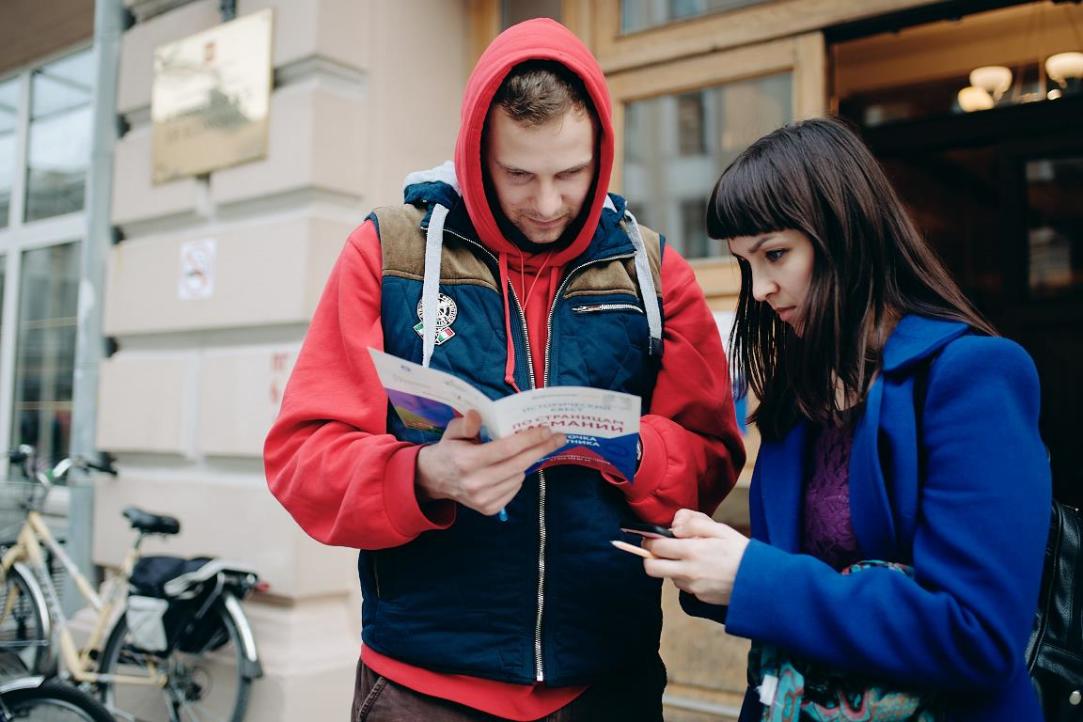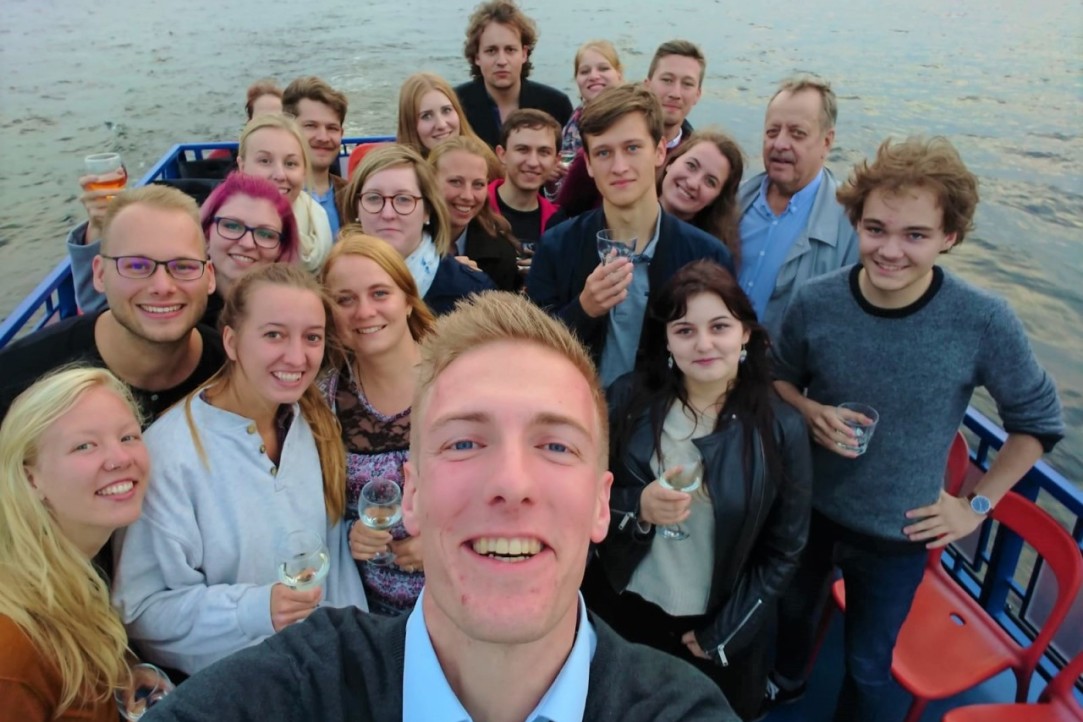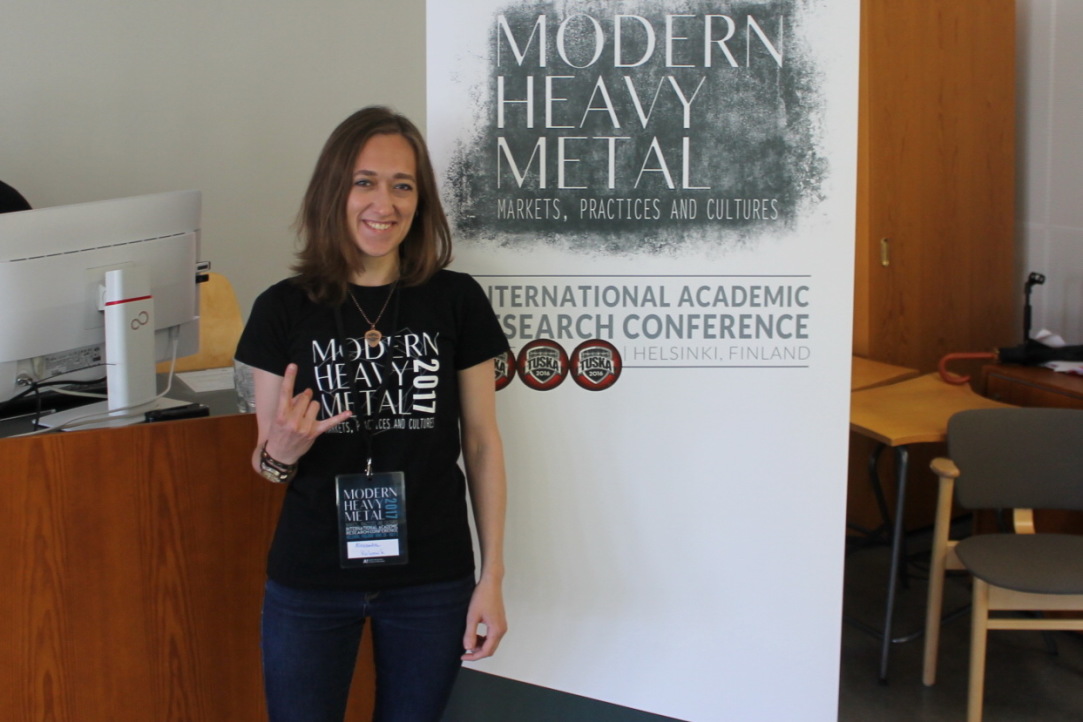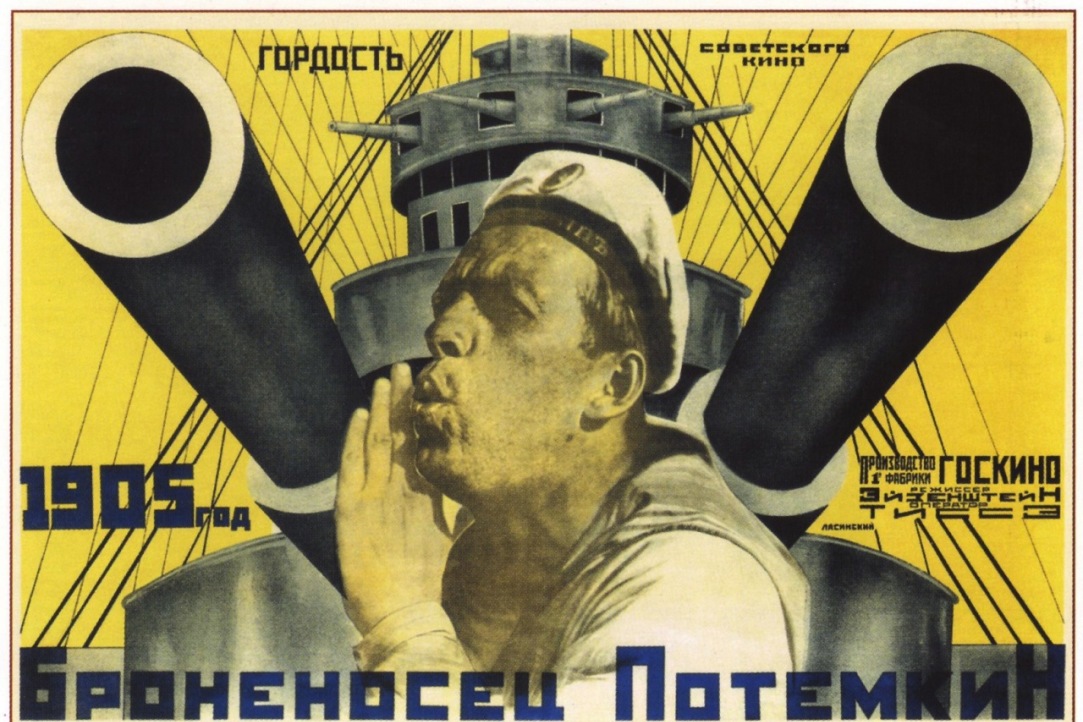HSE History Professor Feels at Home in Moscow’s Multicultural Environment
Martin Beisswenger has been a professor in HSE’s School of History since 2013. Recently, HSE News Service sat down with him to learn about his impressions of Moscow, his research projects, the course he is currently teaching and more.

Library Night at HSE: Shakespeare, Museums and Quests
Almost 40 teams took part in the ‘Through the pages of Basmania’ quest, organized by the Higher School of Economics as part of an annual citywide event, Library Night. Event participants also staged passages from Romeo and Juliet and attended lectures about theatre at HSE library.
Exploring Global Politics, Culture, Art and Propaganda in the Social Media Age
Today, we have moved from the political concept of panem et circenses (bread and circuses) to keep the masses happy to the dangers of culture driven by spectacle and politics driven by algorithms. Post-war theoreticians of the crowd had personal experience of fascism, and today contemporary artists are attempting to address similar problems. During the XX April International Academic Conference on Economic and Social Development, scheduled this year for April 9-12 at the Higher School of Economics, Sarah Wilson, Professor of Modern and Contemporary Art at the Courtauld Institute of Art, University of London, will explore some of these issues in her presentation 'Culture and Emigration, Crowds and Power.'
.jpg)
How Equality Started in Research
Legally, the 1917 revolution solved the gender issue in the Russian academic community. The doors to the profession opened for women, but a ‘glass ceiling’ remained. Ekaterina Streltsova and Evgenia Dolgova studied who it affected and why. This study is the first to present a socio-demographic analysis of the female academic community in Moscow and Leningrad during the early Soviet era.
Post-Doctoral Fellow Discusses Research on Soviet-Era Citizenship and Language Policy
Dr Anna Whittington is currently a Research Fellow at The International Centre for the History and Sociology of World War II and Its Consequences through the end of August 2019. She recently spoke with the HSE News Service about her work on changes in Soviet-era language policy, her thoughts on life in Moscow and how the city has changed, and much more.

Exploring Political and Cultural Space of St Petersburg through the Summer School 'Topography of Imperial Power'
On a grey autumn day, it is always nice to warm up by reliving memories of summer adventures. This year, the balmy weather did not leave our city till mid-October, and a summer mood also lingered at HSE University – St Petersburg with the IV International Summer School 'The Topography of Imperial Power: Political and Cultural Space of Saint Petersburg' which ran from September 11 till October 2, 2018.
LSE and HSE University – St Petersburg Support Russian Historians
London School of Economics and Political Science (LSE) and HSE University – St Petersburg launch the Paulsen Programme, funded by the Dr Frederik Paulsen Foundation, in order to support historians in Russia who have been working on the period from the mid 17th century to 1918.

Researching Modern Music
Alexandra Kolesnik, Junior Research Fellow and Senior Lecturer at HSE’s Poletayev Institute for Theoretical and Historical Studies in the Humanities recently completed her post graduate studies in History and successfully defended her PhD thesis entitled ‘Historical representations in British popular musical culture of the 1960-1980s’. Here, Alexandra talks about her research into modern pop-culture.
Post-Doc Fellow from USA Studies Russian and Soviet Film and Photography
Jessica Werneke, who completed her undergraduate studies at the University of Iowa and her PhD at the University of Texas at Austin, joined the International Centre for the History and Sociology of World War II and its Consequences as a Research Fellow in 2016. Originally from Chicago, Illinois, she has spent a considerable amount of time living internationally – in both the UK and Latvia – and following her post-doc plans to start a new position as a Newton International Fellow of the British Academy at Loughborough University, where she will continue her research on Soviet photography clubs and amateur photographers in the RSFSR and the Baltic Republics.

The Soviet Film Revolution
The October Revolution created a new cinema. At first, 'the most important of all arts' struggled to keep up with social transformations and was not yet used as a weapon in the fight for a communist culture. But the mid-1920s, an innovative, cutting-edge film industry had emerged from sources such as theatre, street performance, posters, poetry and circus shows. This industry was able to do what the politicians had failed to achieve, namely trigger a world revolution.

